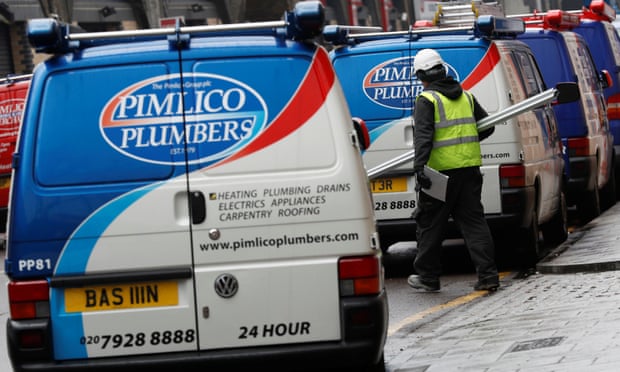Pimlico Plumbers will introduce a “no jab, no job” policy requiring all of its workers to be vaccinated against Covid-19.
Charlie Mullins, Pimlico’s founder and former chief executive, now chairman, said the company’s lawyers were drafting new employment contracts for its 400-strong workforce to include the vaccine requirement.
Governments around the world have started major programmes after regulators approved a series of vaccinations. The UK had given more than 2.6 million people the first dose of a vaccine by Tuesday.
Extensive medical trials have found the vaccines approved by UK regulators are safe. However, there are concerns that the increase in hesitancy and so-called anti-vaxxers around the world will lead to lower vaccination rates, risking further coronavirus outbreaks and potentially endangering the lives of others.
“No vaccine, no job,” Mullins said in an interview with City A.M. “When we go off to Africa and Caribbean countries, we have to have a jab for malaria – we don’t think about it, we just do it. So why would we accept something within our country that’s going to kill us when we can have a vaccine to stop it?”
Some tropical countries require travellers to have inoculations against diseases such as yellow fever. There is no malaria vaccine, but anti-malarial treatments – typically delivered in pill form – are also commonplace.
Other businesses have backed the vaccines. Unilever’s chief executive, Alan Jope, on Wednesday said the company would strongly encourage all of its workers to have the vaccine, but said the FTSE 100 firm would stop short of making it mandatory.
In Australia, the Council of Small Business Organisations, a lobby group, said last summer it would back making vaccinations mandatory.
“If one of my staff members says, ‘No, I’m against it’, then I’m going to have to say, ‘I’m sorry you are a threat to my business’,” the council’s chief executive, Peter Strong, told Australia’s 7News.
“If you don’t sack them, you don’t have a business, especially if you’re in a high-contact area where you’ve got a lot of customers.”
Source: Read Full Article

